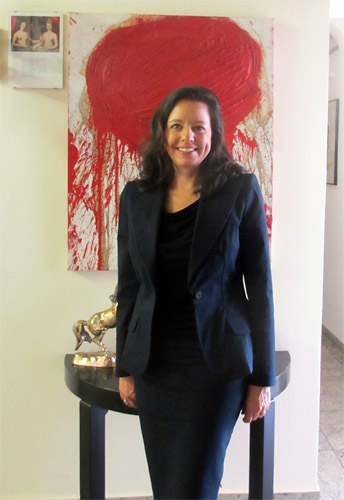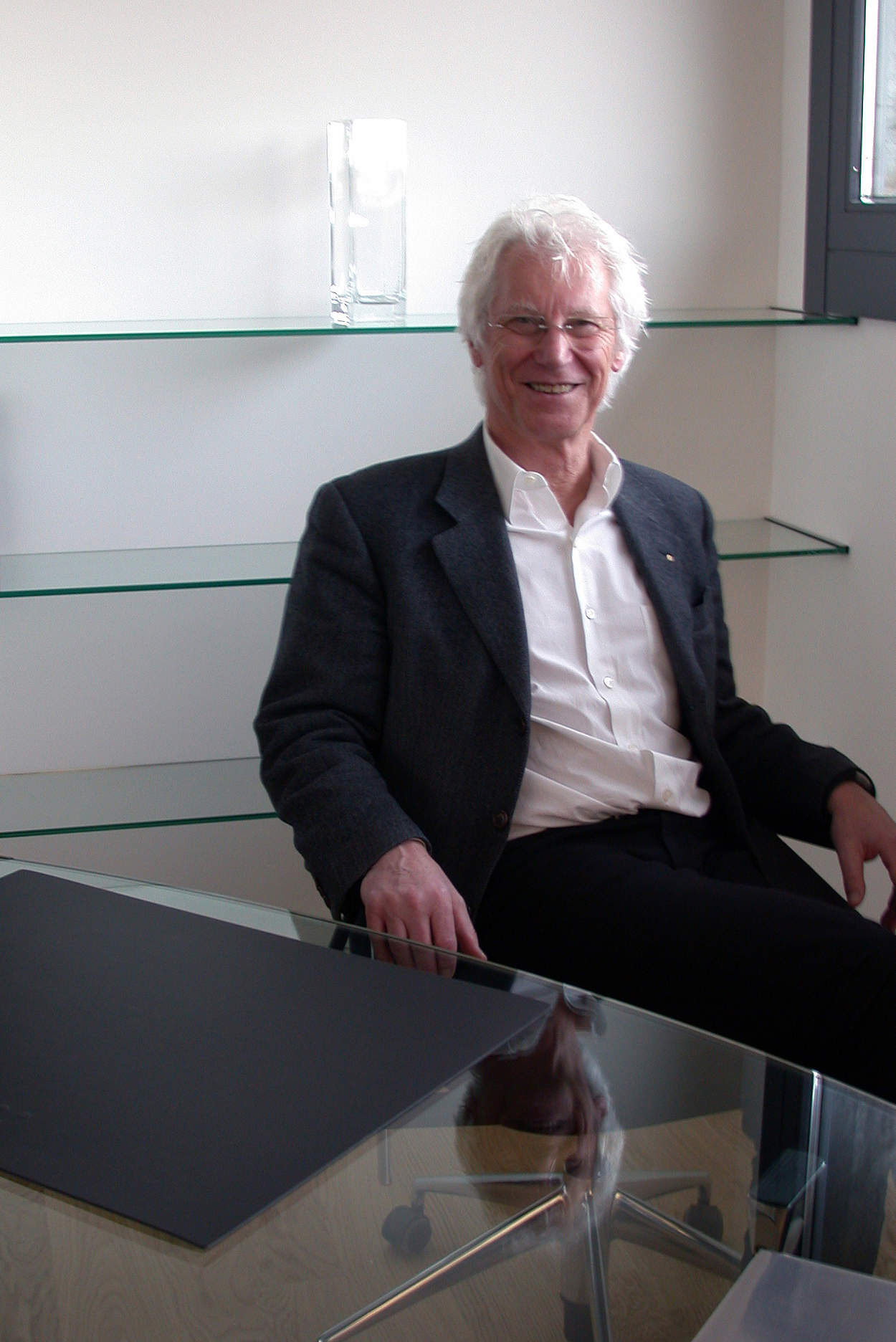Finances
In 1996, the EFNS Congress in Rome came to a remarkable profit of EUR 123.200,-- and from that time on the financial situation developed in a way that all the many and costly activities could be carried out.
The finances have been presented in public at the annual council of delegates and every member of the EFNS was therefore informed about this development.
The tables below give a summary about this positive development.
- Sources of income (Congresses excluded)
- Net Profit from congresses
- Typical layout of dispositions of EFNS expenditure
- Investment in educational activities in Europe
From 2003 onwards, Contenda, a tax advisor and accountant firm, was hired to support the EFNS regarding financial, economic and tax affairs and Mrs Eva Clostermeyer (photo) is our special advisor in this matter since then.
Due to the increasing amount of surplus at the end of every year, Eva, Dr Henriette Dahm (owner of Contenda), together with a strong affiliate in the person of Professor Markus Achatz , who could arrange a clarification with the Austrian Ministry of Finance, by disclosing the decisive facts, it was decided to open the financial situation of the Federation towards the tax authorities and from 2006 onwards the Federation declares its annual income and pays the corporation tax of 25% of the profit.
The EFNS' accountancy and financial statements were and are annually reviewed by an independent auditor. The monies of EFNS are safely kept on accounts of a triple A rated bank in Austria.
In other words, the financial situation of the federation, in accordance with the law, can be considered as absolutely faultless. The EFNS therefore was and is, without exception, distant from any hidden business.
The corporate tax to be paid is at least levelled by the fact that the VAT the Federation has to pay on every item to be bought, from reasonable office paper to the most expensive computer, can be deducted from the corporation tax. In the end, the final net income after paying the taxes did not change remarkably in comparison to the time before.
Eventually, the EFNS made a clear and successful financial development over the years and handled the income very thoroughly with responsibility and obligation towards the member societies with their up to 17.000 members, despite the huge economic changes in the world over this period of time.

Eva Clostermeyer

Eberhard Deisenhammer